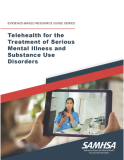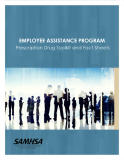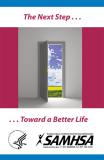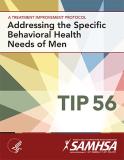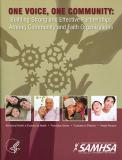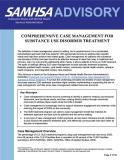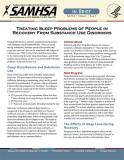
This resource discusses the relationship between sleep disturbances and substance use disorders among people in recovery. It provides guidance on assessing and treating sleep issues. It also reviews non-pharmacological, over-the-counter, and prescription drugs.
Units per Product
Download
In Brief: Sleep Problems of People in Recovery
File Type: PDF
File Size: 203 KB


